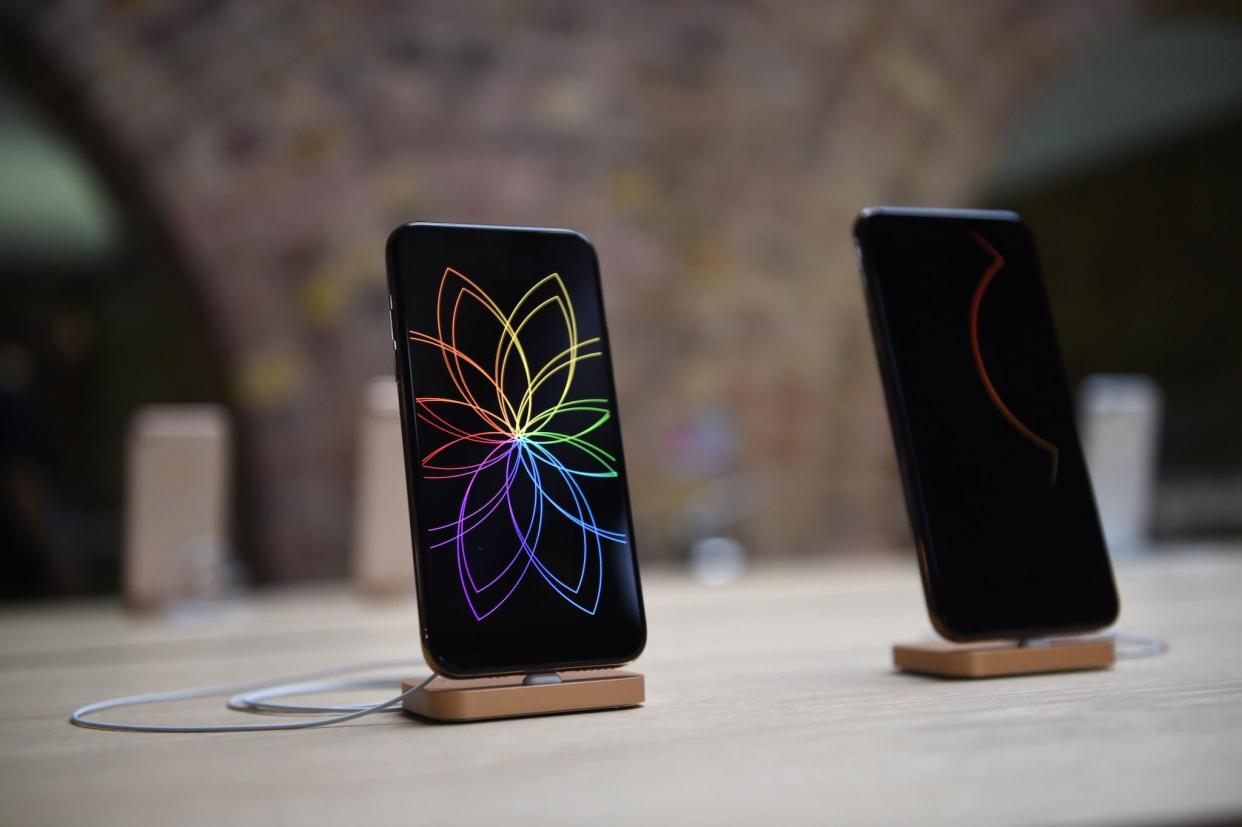Apple dropped plans to secure iPhone backups after FBI pressure, report claims

Apple dropped plans to secure iCloud backups after pressure from the FBI, a major new report has claimed.
The company was planning to let users fully encrypt the backups of their phone that are stored on Apple's servers. That would have kept Apple and anyone else from seeing the contents of those backups, which include almost everything that is on the phone.
But the company stopped that plan after the FBI said it would get in the way of investigations that presumably rely on those backups as a way of seeing personal information stored on the devices, according to a new report from Reuters.
Neither Apple or the FBI have commented on the allegations.
The change of policy was reported to have happened about two years ago. Apple had previously announced that it was working towards securing all backups over iCloud, but that feature has not been introduced, and appears to have been cancelled, according to the Reuters report.
The news agency noted that there may have been other reasons for Apple to move away from encrypting backups. It may have meant that users would encrypt their backups, lose their password and then get locked out of restoring their phone, for instance.
But the move has come to light amid an ongoing fight between Apple and the US government, over whether the company should be forced to help break into its own phones.
Officials including Donald Trump and US Attorney General William Barr have attacked Apple over their refusal to help investigators break into two iPhones used by a Saudi Air Force officer who shot dead three Americans at a Pensacola, Florida naval base last month.
Apple argues that doing so would require creating a version of the iOS software that would be inherently unsafe, and would weaken the protection on every phone. The government has suggested that would be a worthwhile compromise to provide information in investigations.
Despite the criticism from US lawmakers, Apple has argued that it has provided help in the Pensacola case, rejecting the idea it "has not provided substantive assistance". It said that it turned over iCloud backups, which include personal data such as photos.
Read more
Something has happened to Apple's AirPods performance, users say


